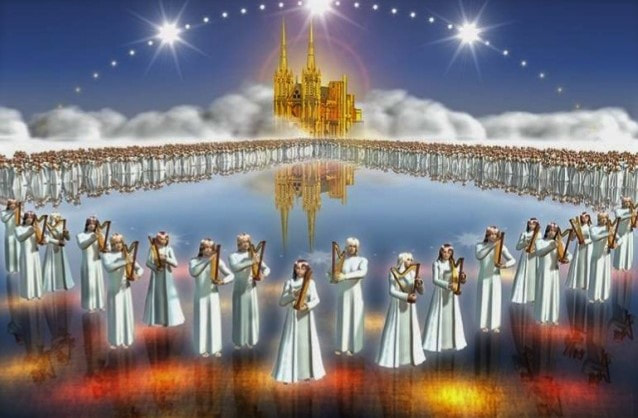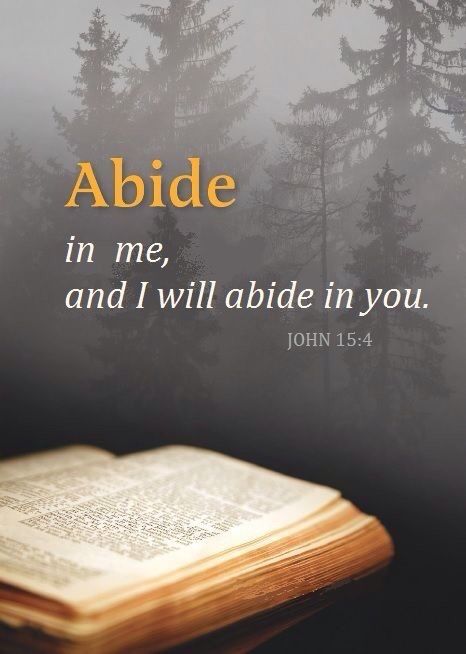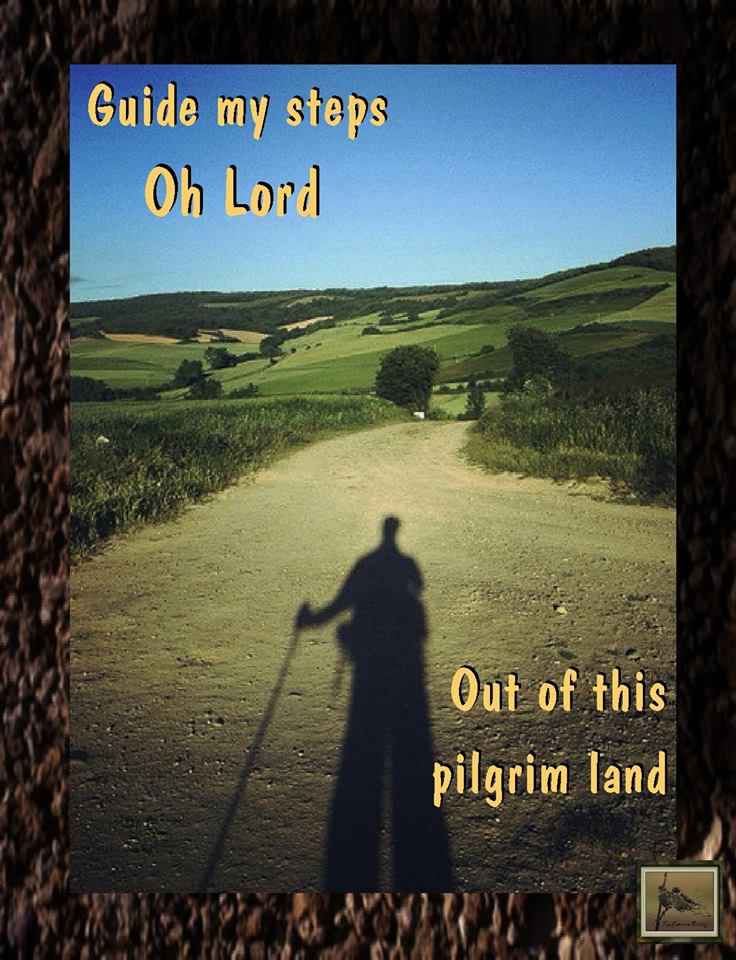Pilate therefore said unto him, Art thou a king then? Jesus answered, Thou sayest that I am a king. To this end was I born, and for this cause came I into the world, that I should bear witness unto the truth. Every one that is of the truth heareth my voice. John 18:37
OUR LORD'S Royalty is suggested by the opening paragraphs of St. Matthew's Gospel, which emphasizes His descent from David; the wise men asked for Him who is born King of the Jews, and Herod feared His rivalry. All through the Gospel narrative, stress is constantly laid on the fact that He was King of the Jews and King of Israel, and it ends with the regal claim that all power and authority in heaven and earth had been entrusted to Him.
Jesus never abated His claim to Kingship, but always made it clear that His ideal was very different from that which was current among the Jews. His conception of Royalty was borrowed from Psa_72:4, where the King is said to judge the poor of the people, and save the children of the needy. It was the collision between His idea of Kingship and that of the Pharisees, which brought Him to the Cross.
Psa 72:4 He shall judge the poor of the people, he shall save the children of the needy, and shall break in pieces the oppressor.
For us the lesson is clear. We must begin with the recognition of the royal claims of Christ to our homage and obedience. He only becomes Saviour, in the fullest meaning of the word, when He has been enthroned as King in our hearts. With invariable precision He is described, first as Prince, then as Saviour, and that order cannot be altered without injury to our soul-life (Act_5:31; Rom_10:9; Heb_7:2). The whole content of the New Testament is altered when we view the Royalty of Christ as the chief cornerstone, not only of that structure, but of the edifice of character.
Act 5:31 Him hath God exalted with his right hand to be a Prince and a Saviour, for to give repentance to Israel, and forgiveness of sins.
Rom 10:9 That if thou shalt confess with thy mouth the Lord Jesus, and shalt believe in thine heart that God hath raised him from the dead, thou shalt be saved.
Heb 7:2 To whom also Abraham gave a tenth part of all; first being by interpretation King of righteousness, and after that also King of Salem, which is, King of peace;
Heb 7:3 Without father, without mother, without descent, having neither beginning of days, nor end of life; but made like unto the Son of God; abideth a priest continually.
Let us not be afraid of Christ as King. He is meek and lowly, and full of understanding of the problems of our life. He shared our life, and was so poor that He had to trust in the kind offices of a friend to supply His physical needs, and in the palm branches of the peasant crowd for His palfrey and the carpeting of His royal procession; but as we watch it pass, the lowly triumph swells in proportions until it represents the whole race of mankind; and the generations that preceded His advent, and those that follow, sweep down the Ages of human history, proclaiming and acclaiming Christ as King. (Rev_15:3-4, R.V).
Rev 15:3 And they sing the song of Moses the servant of God, and the song of the Lamb, saying, Great and marvellous are thy works, Lord God Almighty; just and true are thy ways, thou King of saints.
Rev 15:4 Who shall not fear thee, O Lord, and glorify thy name? for thou only art holy: for all nations shall come and worship before thee; for thy judgments are made manifest. (Our Daily Walk)
Jesus never abated His claim to Kingship, but always made it clear that His ideal was very different from that which was current among the Jews. His conception of Royalty was borrowed from Psa_72:4, where the King is said to judge the poor of the people, and save the children of the needy. It was the collision between His idea of Kingship and that of the Pharisees, which brought Him to the Cross.
Psa 72:4 He shall judge the poor of the people, he shall save the children of the needy, and shall break in pieces the oppressor.
For us the lesson is clear. We must begin with the recognition of the royal claims of Christ to our homage and obedience. He only becomes Saviour, in the fullest meaning of the word, when He has been enthroned as King in our hearts. With invariable precision He is described, first as Prince, then as Saviour, and that order cannot be altered without injury to our soul-life (Act_5:31; Rom_10:9; Heb_7:2). The whole content of the New Testament is altered when we view the Royalty of Christ as the chief cornerstone, not only of that structure, but of the edifice of character.
Act 5:31 Him hath God exalted with his right hand to be a Prince and a Saviour, for to give repentance to Israel, and forgiveness of sins.
Rom 10:9 That if thou shalt confess with thy mouth the Lord Jesus, and shalt believe in thine heart that God hath raised him from the dead, thou shalt be saved.
Heb 7:2 To whom also Abraham gave a tenth part of all; first being by interpretation King of righteousness, and after that also King of Salem, which is, King of peace;
Heb 7:3 Without father, without mother, without descent, having neither beginning of days, nor end of life; but made like unto the Son of God; abideth a priest continually.
Let us not be afraid of Christ as King. He is meek and lowly, and full of understanding of the problems of our life. He shared our life, and was so poor that He had to trust in the kind offices of a friend to supply His physical needs, and in the palm branches of the peasant crowd for His palfrey and the carpeting of His royal procession; but as we watch it pass, the lowly triumph swells in proportions until it represents the whole race of mankind; and the generations that preceded His advent, and those that follow, sweep down the Ages of human history, proclaiming and acclaiming Christ as King. (Rev_15:3-4, R.V).
Rev 15:3 And they sing the song of Moses the servant of God, and the song of the Lamb, saying, Great and marvellous are thy works, Lord God Almighty; just and true are thy ways, thou King of saints.
Rev 15:4 Who shall not fear thee, O Lord, and glorify thy name? for thou only art holy: for all nations shall come and worship before thee; for thy judgments are made manifest. (Our Daily Walk)
THE SONG OF MOSES AND OF THE LAMB
The imagery in the magnificent scene with which this chapter opens is perhaps borrowed from Pharaoh’s overthrow in the Red Sea, which, as the rich lines of an Eastern dawn illuminated its waters, seemed like a sea of glass mingled with fire. So, beside the crystal sea of Time, from whose surface all traces of storm will have been removed and on which the eternal morning will be breaking, we, who by grace have overcome, shall celebrate the final victory of God. We shall sing an anthem in which the Hebrew and the Christian, the children of the old dispensation and of the new, the souls who have seen through a glass darkly and those who have beheld face to face, shall rejoice together.
One day we shall see the rightfulness of all that God has done, Rev_15:4. All His ways are just and true, whether our poor human sense detects this or not. Let us dare to affirm it even now. Ponder that great name-King of the ages, Rev_15:3, R.V. He only is holy; we need the perfect cleansing and righteousness which He gives us, that we may dare to stand in His presence. From this radiant vision, we turn sadly to the fate of the godless, Christ-rejecting world. See Rev_15:1-8; Rev_14:1-20; Rev_13:1-18; Rev_12:1-17; Rev_11:1-19; Rev_10:1-11; Rev_9:1-21; Rev_8:1-13.
(F.B. Meyer)
The Song Of Moses with Lyrics by Paul Wilbur
https://youtu.be/Rwx0NxMX3bQ?si=S2cDaWj8xziszFum
One day we shall see the rightfulness of all that God has done, Rev_15:4. All His ways are just and true, whether our poor human sense detects this or not. Let us dare to affirm it even now. Ponder that great name-King of the ages, Rev_15:3, R.V. He only is holy; we need the perfect cleansing and righteousness which He gives us, that we may dare to stand in His presence. From this radiant vision, we turn sadly to the fate of the godless, Christ-rejecting world. See Rev_15:1-8; Rev_14:1-20; Rev_13:1-18; Rev_12:1-17; Rev_11:1-19; Rev_10:1-11; Rev_9:1-21; Rev_8:1-13.
(F.B. Meyer)
The Song Of Moses with Lyrics by Paul Wilbur
https://youtu.be/Rwx0NxMX3bQ?si=S2cDaWj8xziszFum








